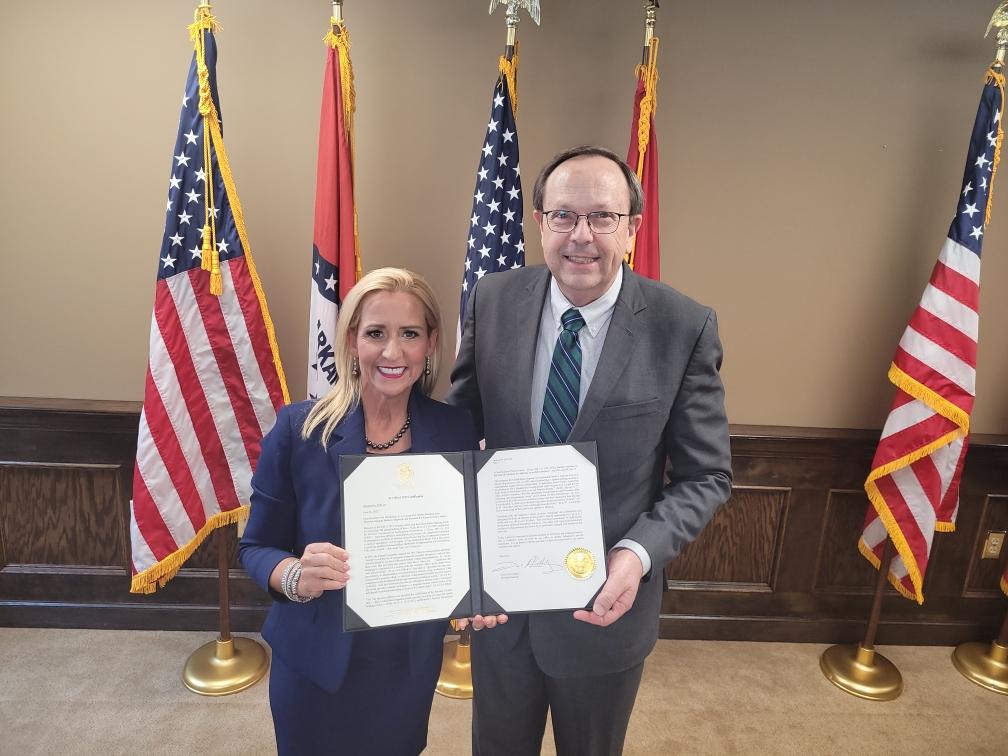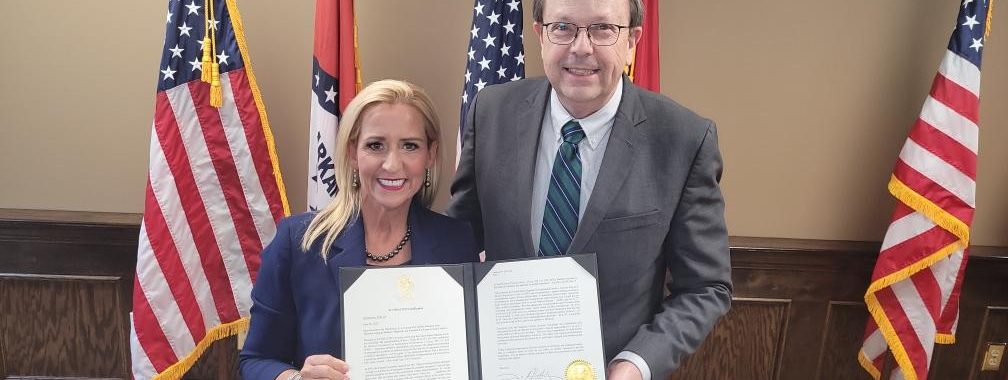What Does Arkansas’ Abortion Ban Actually Say?

Following the U.S. Supreme Court’s decision to reverse Roe v. Wade, Arkansas Attorney General Leslie Rutledge certified that Act 180 of 2019 prohibiting abortion except to save the life of the mother is in effect.
Family Council worked in support of Act 180 with our friends in the Arkansas Legislature and with other pro-life organizations.
Below is a brief overview of the law:
- Act 180 is a “trigger law” that was designed to take effect when Roe v. Wade was overturned.
- Act 180 prohibits abortion in Arkansas except to save the mother’s life.
- It says anyone who performs an illegal abortion can be fined up to $100,000 and imprisoned for up to 10 years.
- It does not prosecute a woman who has an illegal abortion.
- It doesn’t criminalize miscarriage.
- The law permits procedures to remove an unborn baby who has died as a result of a miscarriage.
- It doesn’t apply to ectopic pregnancies.
- Act 180 doesn’t prohibit an OB/GYN from inducing labor or performing an emergency C-section.
- It contains clear exceptions for contraception—including the “morning after” pill or Plan B.
- Act 180 doesn’t prevent a pregnant woman from receiving medical treatments—such as chemotherapy—that carry risk for the unborn child.
Act 180 of 2019 had 47 legislative sponsors and co-sponsors.
Three-quarters of the Arkansas Legislature voted in favor of the measure, and Governor Hutchinson signed it on February 19, 2019.
Public opinion polling shows 79% of likely voters in Arkansas believe abortion should be either completely illegal or legal only under certain circumstances.
Act 180 reflects that. It generally prohibits abortion, but it makes exceptions for serious medical complications—like an ectopic pregnancy—and for circumstances when the mother’s life is in jeopardy.
Articles appearing on this website are written with the aid of Family Council’s researchers and writers.





